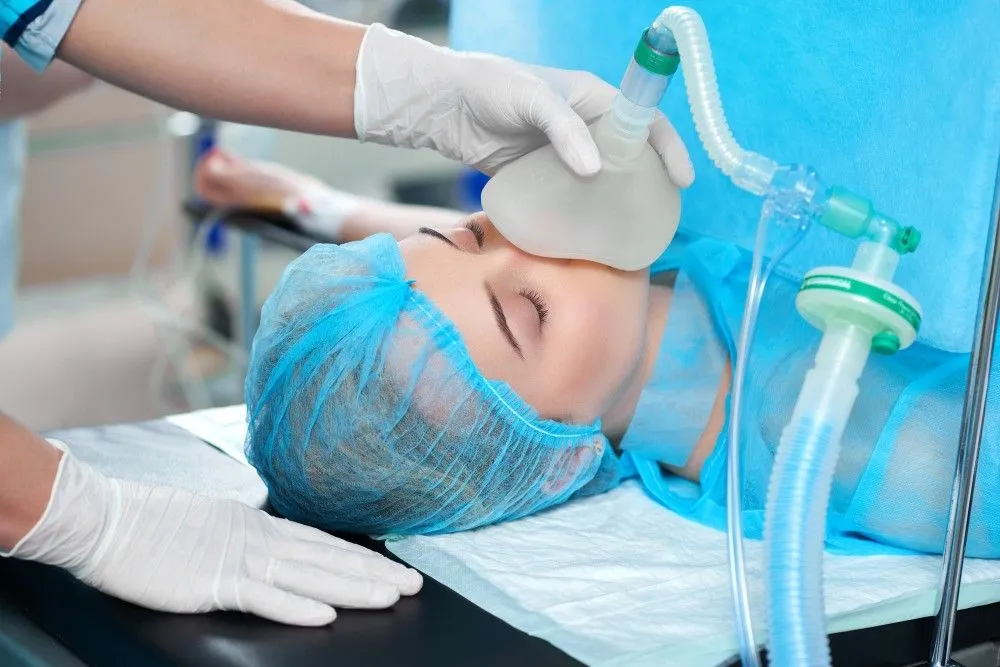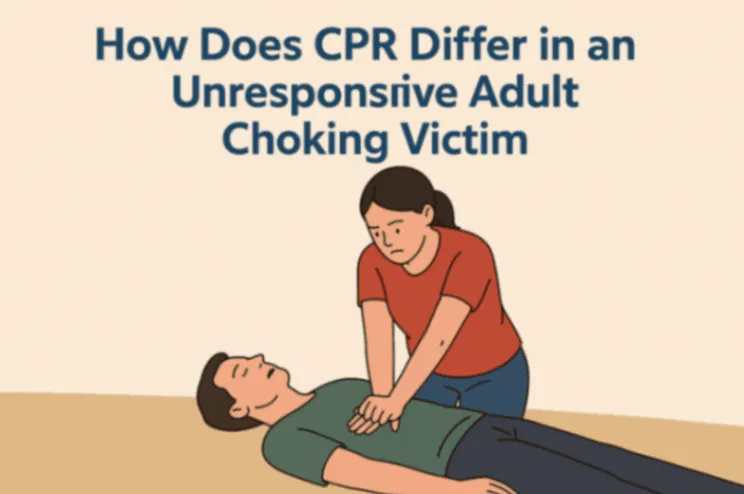If you have asthma, you know how important it is to keep it under control. An asthma attack can be very scary, and if not treated properly, can be fatal. There are many different ways to treat asthma, and one of the most effective is with a nebulizer machine.
A nebulizer machine is a small, portable device that turns liquid medication into a fine mist that can be inhaled. This is different from an inhaler, which delivers the medication in a concentrated form that is then breathed in deeply.
Nebulizers are most often used as a rescue inhaler for people with asthma who are experiencing an asthma attack. The medication helps to open up the airways and make breathing easier. Nebulizers can also be used on a regular basis to help prevent asthma attacks. This is most often done by using a long-acting bronchodilator medication.
The medication is inhaled through the nebulizer on a schedule, typically once or twice a day. Nebulizers are generally considered safe and effective for both short-term and long-term treatment of asthma.
Nebulizers are often used for young children or for people who have asthma that is not well-controlled with an inhaler. They can be used for people of all ages, however. There are many benefits to using a nebulizer machine for asthma.
First, it is a very effective way to deliver medication to the lungs. The mist is easily inhaled and goes directly to the lungs, where it can start working right away. Second, nebulizers are very easy to use. You don't have to coordinate your breathing with the inhalation of the medication, as you do with an inhaler.
This can be difficult for some people, especially if they are having an asthma attack and are feeling panicked.
Nebulizers can be used for a variety of different medications. This is important because different people with asthma respond to different medications. If one medication isn't working well, you can try another without having to switch to a different delivery method. But always keep in mind to consult your doctor before making any changes to medication.
Fourth, nebulizers are relatively affordable. They are not covered by insurance, but they are not very expensive, either. You can usually find a good quality nebulizer at a reasonable price.
Nebulizers are small and portable. This is important if you have asthma and need to take your medication with you when you travel. You can easily pack a nebulizer in your suitcase or carry-on bag. Nebulizer is a very effective way to treat asthma and can make a big difference in your quality of life.
Components of a Nebulizer
The nebulizer contains several different parts that work together to create the mist. The medication is added to the medication cup, which is then placed into the nebulizer base. The nebulizer base contains a compressor, which pumps air through the medication cup and into the patient's lungs. The compressor is the most important part of the nebulizer, as it is responsible for creating the airflow that turns the medication into a mist. The compressor must be powerful enough to create the necessary airflow, but not so powerful that it makes the nebulizer too loud or difficult to use. The nebulizer base also contains a power cord, which plugs into an outlet to power the compressor. Some nebulizers also have a battery pack, which allows the nebulizer to be used without an outlet. The medication cup is where the medication is added. It is typically made of plastic or glass, and has a small opening at the top. The medication cup must be properly positioned in the nebulizer base in order for the medication to be delivered correctly. The mouthpiece or mask is used to deliver the medication to the patient. The mouthpiece is placed directly into the patient's mouth, and the medication is inhaled through it. The mask is placed over the patient's nose and mouth, and the medication is inhaled through the mask. The nebulizer base, compressor, power cord, and medication cup are the main parts of the nebulizer. These parts work together to create the mist that delivers the medication to the patient.How a Nebulizer Works
A nebulizer changes liquid medication into a fine mist that you inhale through a mouthpiece or mask. The medication goes directly to your lungs, and you don't have to swallow it. You can use a nebulizer with a mouthpiece, or you can use a mask that covers your nose and mouth. If you use a mask, it's important that you don't move the mask while you're inhaling the medication. Nebulizers come in different sizes, and some are portable so you can take them with you when you travel. Also read: 13 Natural & Home remedies for asthma Cure?How to use nebulizers
Follow the instructions that come with your nebulizer. You'll also need to use sterile, distilled water in your nebulizer. Here's a general overview of how to use a nebulizer:- Wash your hands with soap and water.
- Fill the nebulizer cup with the sterile, distilled water.
- Add the prescribed amount of medication to the nebulizer cup.
- Connect the nebulizer cup to the air compressor.
- Place the mouthpiece in your mouth or put on the mask.
- Turn on the compressor.
- Breathe normally as the medication is aerosolized into a mist.
- When the medication is finished, turn off the compressor and disconnect the nebulizer cup.
- Wash the nebulizer cup with soap and water.
- Let the nebulizer cup air dry.
How to maintain and store nebulizer
Here are some tips for maintaining and storing your nebulizer:- Wash the nebulizer cup with warm, soapy water after each use. Rinse well and air dry.
- Store the nebulizer in a cool, dry place.
- Check the manufacturer's instructions for cleaning the nebulizer base.
- Replace the nebulizer cup and tubing every six months, or as directed by your healthcare provider.
- Keep the nebulizer face mask or mouthpiece clean. Wash it with warm, soapy water after each use. Rinse well and air dry.
Conclusion:
Nebulizer machines are very effective in treating respiratory conditions. They are able to deliver medication directly to the lungs, which allows for better absorption. Nebulizers are also very convenient, as they can be used at home. Nebulizers are generally safe for most people. However, there are some potential risks, such as mouth and throat irritation, that may occur. These are usually mild and go away with time. These should be discussed with your doctor before starting treatment.
Reviewed by







